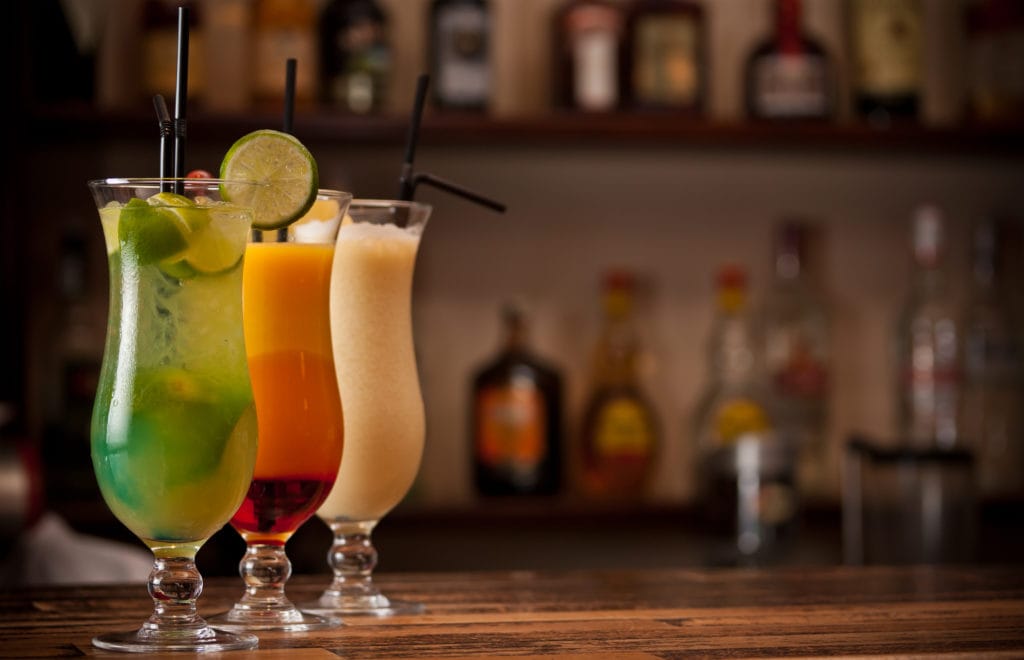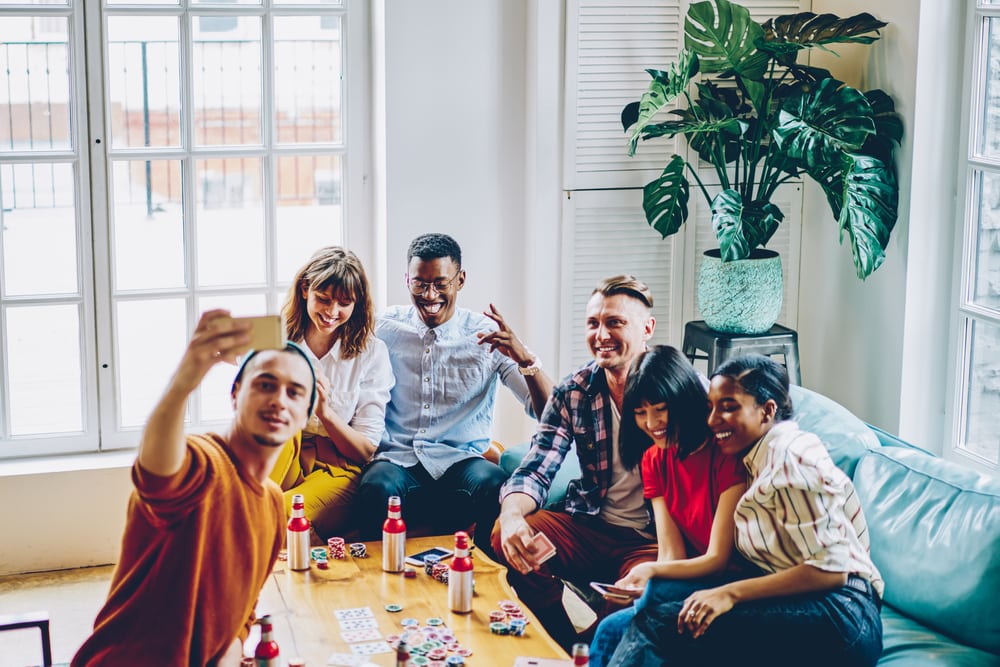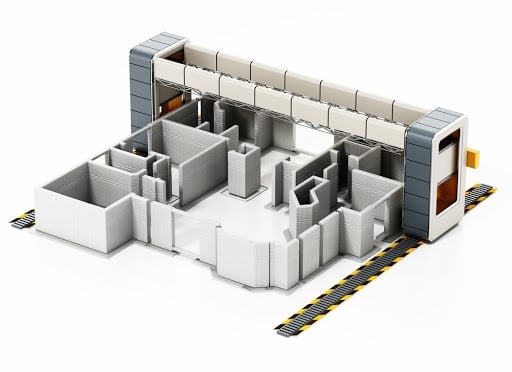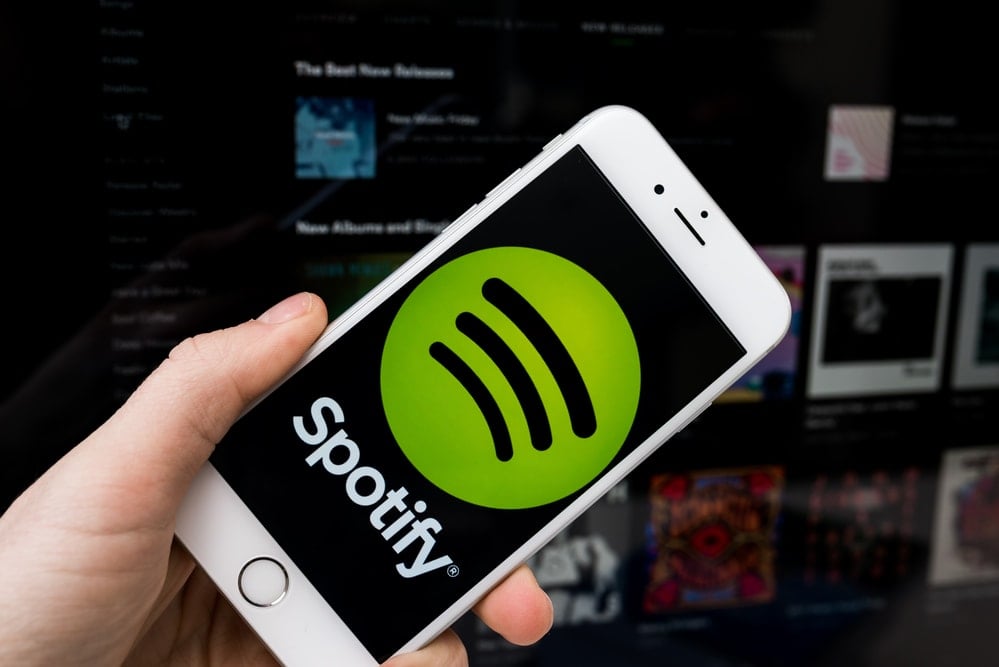With restaurants, bars and nightclubs closed during the pandemic, alcohol sales skyrocketed. While many were enjoying a drink at home, some raised concerns about excessive alcohol consumption. Multiple surveys reveal that participation for Dry January 2021 increased. Alcohol companies responded by promoting and launching new alcohol-free beers and seltzers.
Here at Capitalism.com, this is more than a cool trend where businesses support safe drinking. We see this as capitalism solving problems and serving up value to their customers. Here’s why.
Key Takeaways
- During the pandemic more Americans started drinking from home. Online and in-store sales increased 477% and 26%, respectively.
- Public opinion shifted to curb excessive pandemic drinking. Marketing campaigns that encouraged drinking, such as Tropicana’s #takeamimoment, faced backlash.
- Dry January, a campaign to abstain from alcohol for one month, experienced increased participation in 2021.
- Alcohol brands, like Heineken and Bud Light, sold alcohol-free “alcoholic” beverages. This could help Dry January participants stay sober.
- Capitalism helped resolve excessive pandemic drinking by listening to consumers. As a result, they fulfilled a demand for non-alcoholic beverages.
Booze-Free Drinks for Dry January, Brought to You By Capitalism
Pandemic Drinking on the Rise
After nationwide shutdowns, 61% of adults over 21 purchased more alcohol in 2020, according to a 2020 Drizly consumer survey. 2020 saw an increase in online (477%) and in-store (26%) alcohol sales, according to Nielsen.
The New York Times reported that people weren’t just buying discount wines at the grocery store. They were splurging on premium brands. With dining out and traveling unavailable, some Americans had disposable income to indulge. Finally, Diageo, makers of Johnnie Walker whiskey, saw an 80% increase in sales from off-license retail and grocery stores.
“Consumers are trading up and spending more. It’s a trend that’s accelerated since the pandemic started,” said Danelle Kosmal, vice president of beverages and alcohol at Nielsen.
Alcohol Was Readily Available, Easily Accessible
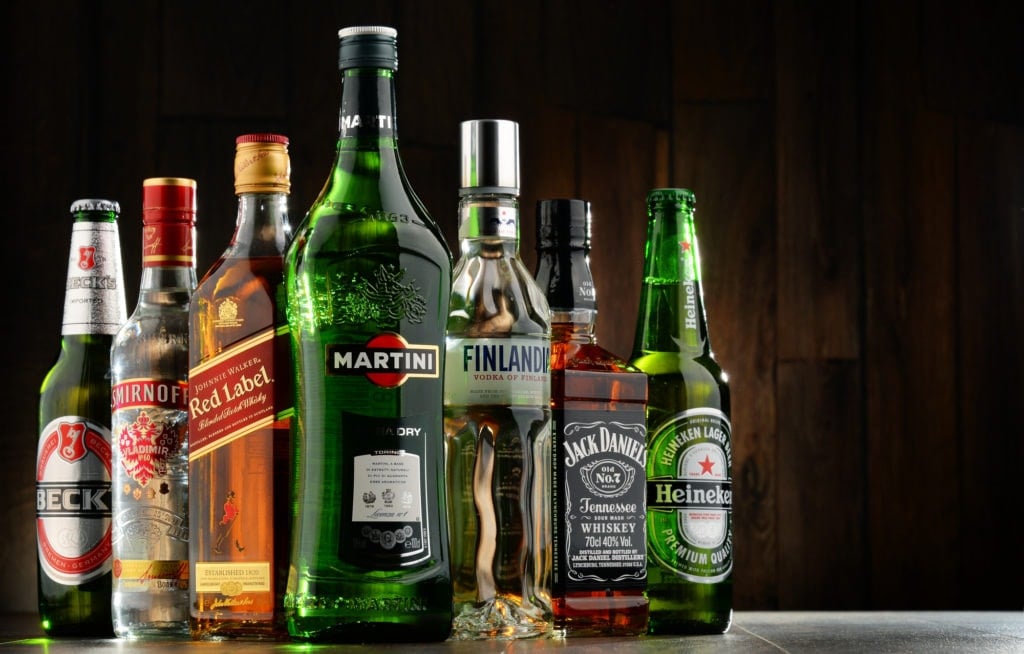
It’s little surprise why alcohol purchases increased during the pandemic. The pandemic was (and still is) a challenging time for everybody.
We found the rug pulled from under our feet. Unprepared for statewide shutdowns, unemployment, and isolation, Americans couldn’t find comfort in dinner with friends or a good gym workout.
“During the pandemic, alcohol has become an easy way to self-medicate,” said New York Times contributor Alix Strauss.
Liquor stores were “essential” businesses. Alcohol was both readily available and convenient to order. Delivery services, like the MiniBar app, made it easy to get alcohol delivered to your door.
While alcohol delivered some escape from the pandemic, many thought otherwise.
People Raised Concerns About Pandemic Drinking
Excessive pandemic drinking and alcohol addiction may lead to:
- Mood changes
- Lower immune systems
- Anxiety
- Depression
Combine these risks with pandemic-related fear and uncertainty… Not an ideal mix.
Women, in particular, increased their alcohol consumption by 41%, according to Rand Corporation. Wellbridge Addiction Treatment and Research more than doubled their alcohol addiction-related admissions.
Pandemic drinking is a real issue. Many Americans criticized companies for running campaigns that encourage drinking. Tropicana recently apologized for its #mimoment campaign. Take "mimoment" away from your children and enjoy a mimosa topped with Tropicana juice, it implied.
“Suggesting parents hide from their families to drink is disgusting,” tweeted Klen & Sobr, an addiction recovery organization.
The Masses Turnt Over Dry January
After a year of uncertainty (and drinking), more people signed up for Dry January 2021. Dry January is a public health campaign that encouraged people to skip the booze and (hopefully) embrace a healthier lifestyle. Forbes compiled multiple survey results that showed an increased interest for Dry January:
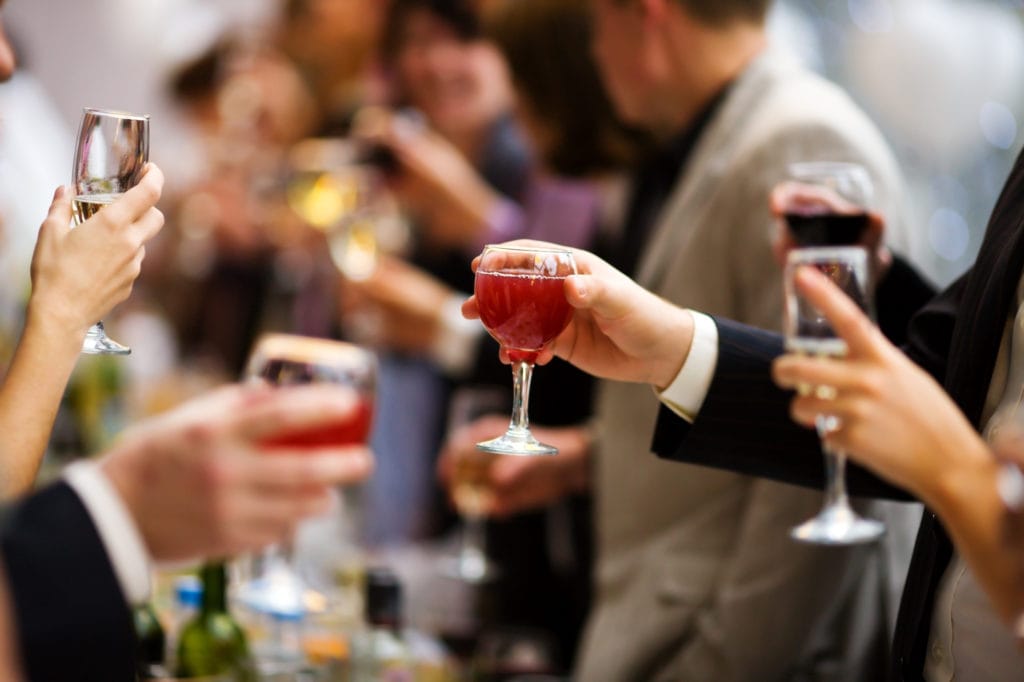
- A Morning Consult poll of 2,200 U.S. adults showed 13% resolving to ditch alcohol for the year.
- A YouGov survey of 15,000 Americans showed that 15% (up from 10% last year) would participate in Dry January.
- A YouGov survey showed that 23% would abstain from alcohol in 2021.
Some were using alcohol as a coping mechanism or for entertainment in 2020. Now, more Americans resolved to put down the bottle (or glass for you wine drinkers) for the new year.
Frequently Asked Questions
What is the purpose of Dry January?
Dry January is a public health campaign that encourages people to abstain from alcohol for the entirety of January. Alcohol Change, a UK alcohol charity, first started the campaign in 2013 with 4,000 people. Participants jumped to 4 million in 2020. Participants can download the Dry January app to help them track their alcohol-free track record.
Is Dry January a good idea?
Dry January helps those who drink excessively recognize the consequences of their overconsumption. Alcohol Change, the UK alcohol charity that began this campaign, also notes that the vast majority save money, experience better sleep and more energy, and reduce diabetes risk.
What happens to your body in Dry January?
Those with alcohol dependencies may suffer Dry January withdrawal symptoms. Excessive drinkers may experience tremors, headaches, agitation, and fever, according to Healthline. For your safety, consider consulting a health professional before participating in Dry January.
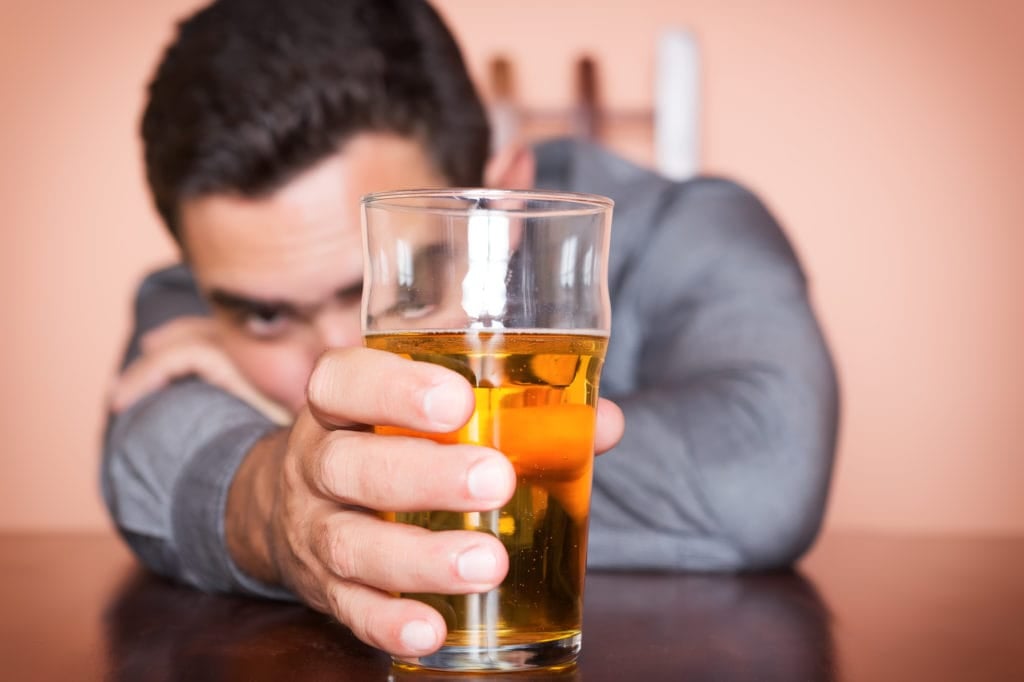
What can you drink in Dry January?
During Dry January, you can drink any beverage, so long as it is booze-free. Many participants keep it simple and healthy, drinking only water or tea. Smoothies and “mocktails” are another option for more adventurous participants. Also, many companies offer booze-free seltzers and beers.
What happens if you stop drinking alcohol for a month?
BMJ Open notes how alcohol abstinence can lead to lower blood pressure and reduced diabetes risk. Dry January participants may also become more conscious about drinking. For example, they may no longer require drinking for socialization or relaxation.
Companies Respond With Booze-less Booze
Alcohol companies noted the people’s resolutions to stay alcohol-free for Dry January (and beyond). In response, alcohol companies began promoting their alcohol-free beverages. Heineken even launched an ad for its non-alcoholic beer on ABC’s The Bachelor. More people are learning that there are booze-free but comparable alternatives to the real thing.
“Non-drinkers are no longer limited to O’Doul’s — companies ranging from craft operations like Athletic Brewing Co. to heavy hitters like Heineken are putting out booze-free IPAs, coffee stouts, Oktoberfests,” said Eater Chicago reporter Naomi Waxman.
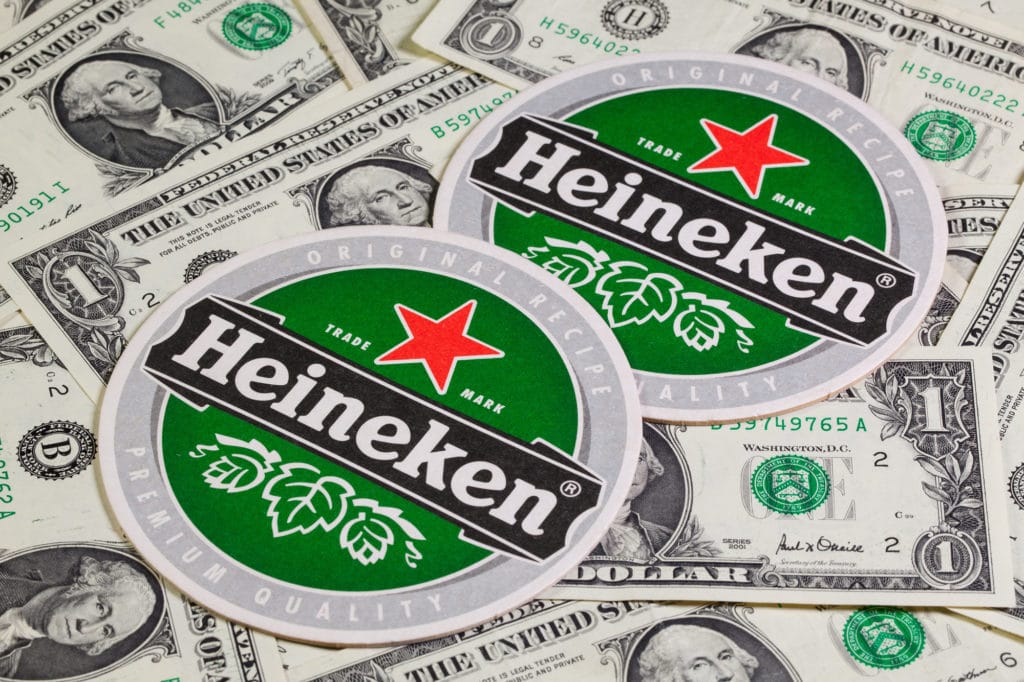
These options may also help Dry January participants stay dry for the remainder of the year. Replacing an alcoholic drink with a non-alcoholic drink that is “special” can be a big help when quitting booze,” according to Amy Shapiro, RD in an interview with NBC News.
So, What Does Capitalism Have to Do With It?
If you’re looking at all these non-alcoholic beverages at face-value, you might just think it’s a cool trend. Yet, if you take a moment to pierce the surface... You will notice this is the beauty of capitalism at work.
Don’t quite see it yet?
Consider these three cornerstones of free market capitalism:
#1 Capitalism is About Meeting Customer Demand
During the pandemic, capitalism met consumer demand in two stages.
First was the need for alcohol. With Americans reeling from all that pandemic-related changes, they needed relief. We couldn’t resume our usual activities. We couldn’t travel or go to the movies. And we couldn’t grab food and drinks at the bar. Consequently, alcohol companies boosted their sales and delivery apps made alcohol purchases convenient.
Next, people realized we were probably drinking a little too much. People criticized company ads that promote drinking alcohol. The Tropicana #mimoment campaign is one such example. There was a demand for abstaining from alcohol, and companies responded with booze-free beers, spritzers, and more.
#2 Capitalism Creates Value
Let’s talk about how Bud Light innovated and created a value-driven product: alcohol-free seltzer.
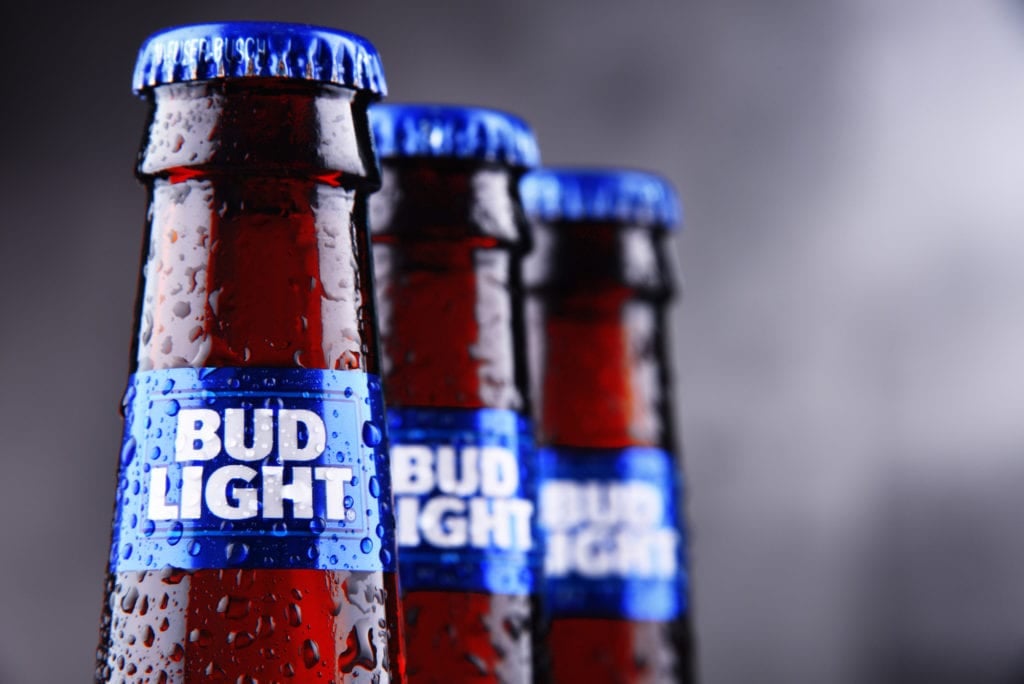
White Claw held the lion’s share of the market for hard seltzer in 2019, according to CNBC reporter Amelia Lucas. In second and third place were Truly Spiked & Sparkling and then Bon & Viv Trails respectively. Bud Light wanted to add hard seltzer to their arsenal but faced tough competition.
So, they focused on delivering more value and distinguishing themselves. “We started to go in the direction of trying to differentiate a segment of the seltzer category,” said Andy Goeler, Bud Light’s vice president of marketing.”
To do this, they poured their efforts into improving taste. Their seltzer line launched with fan favorites: strawberry and black cherry. CNBC also reported that Bud light is working on launching hard seltzer lemonades this year.
Bud Light wanted to deliver more value by offering a superior taste. They started conducting blind taste tests. Bud Light tweaked the recipe until their lemonade flavor consistently won the judgment round. They wanted their customers to truly enjoy this new release.
#3 Capitalism Operates Without Government Mandates
Excessive alcohol consumption was becoming an issue during the pandemic. The government already shut down our economy and determined which businesses were “essential.” Even now, most states enforce a mask mandate.
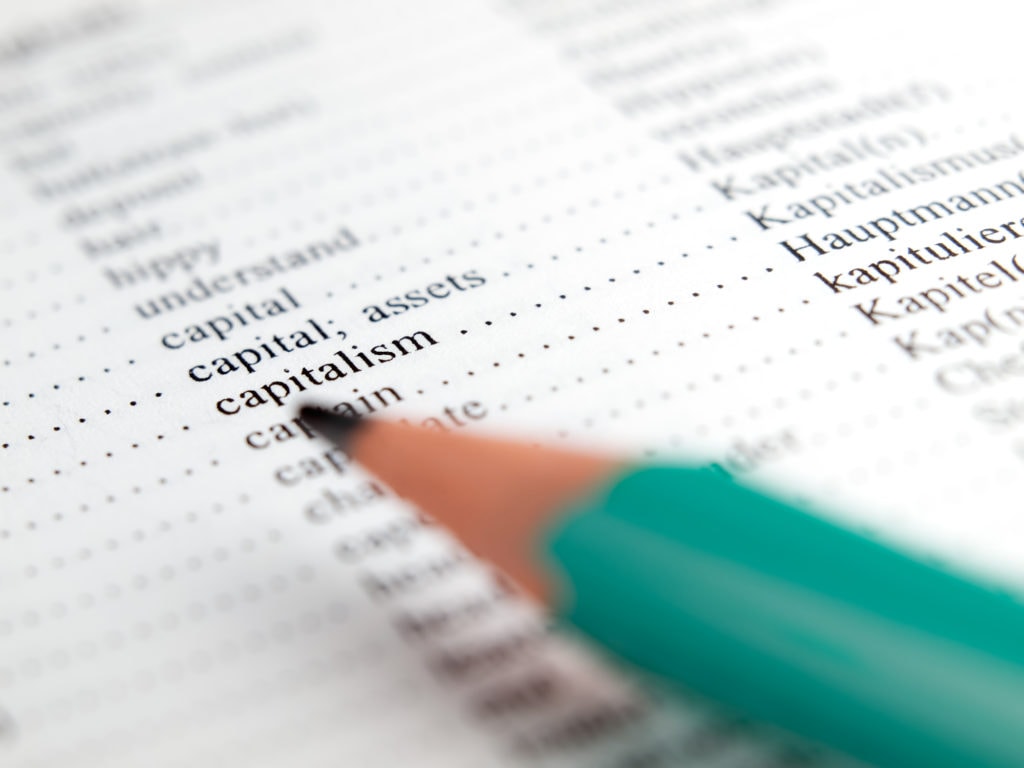
But did the government issue any pandemic drinking-related regulations? Was there an official mandate from the state?
No. It didn’t need to.
Because businesses are smart. Entrepreneurs are inventive. When we see a demand in the market, we’re quick to not only fulfill that demand but to offer superior value. In short, the free markets can often work more efficiently than any government bureaucracy.
Raise a (Booze-Free) Toast to Capitalism
Capitalism is more than some abstract concept. “Free markets” and “voluntary exchange” are more profound than what most people think.
Capitalism is innovation. Capitalism is problem-solving. And sometimes, capitalism is life-saving.
You might think that Dry January and booze-free alternatives are a small thing. But this is just one example within one industry. There are so many instances where capitalism is the vehicle that drives the solution.
When capitalism exists freely, entrepreneurs can continue creating value and serving their customers.
So, let’s raise our booze-free beers in the name of capitalism.
Cheers!
